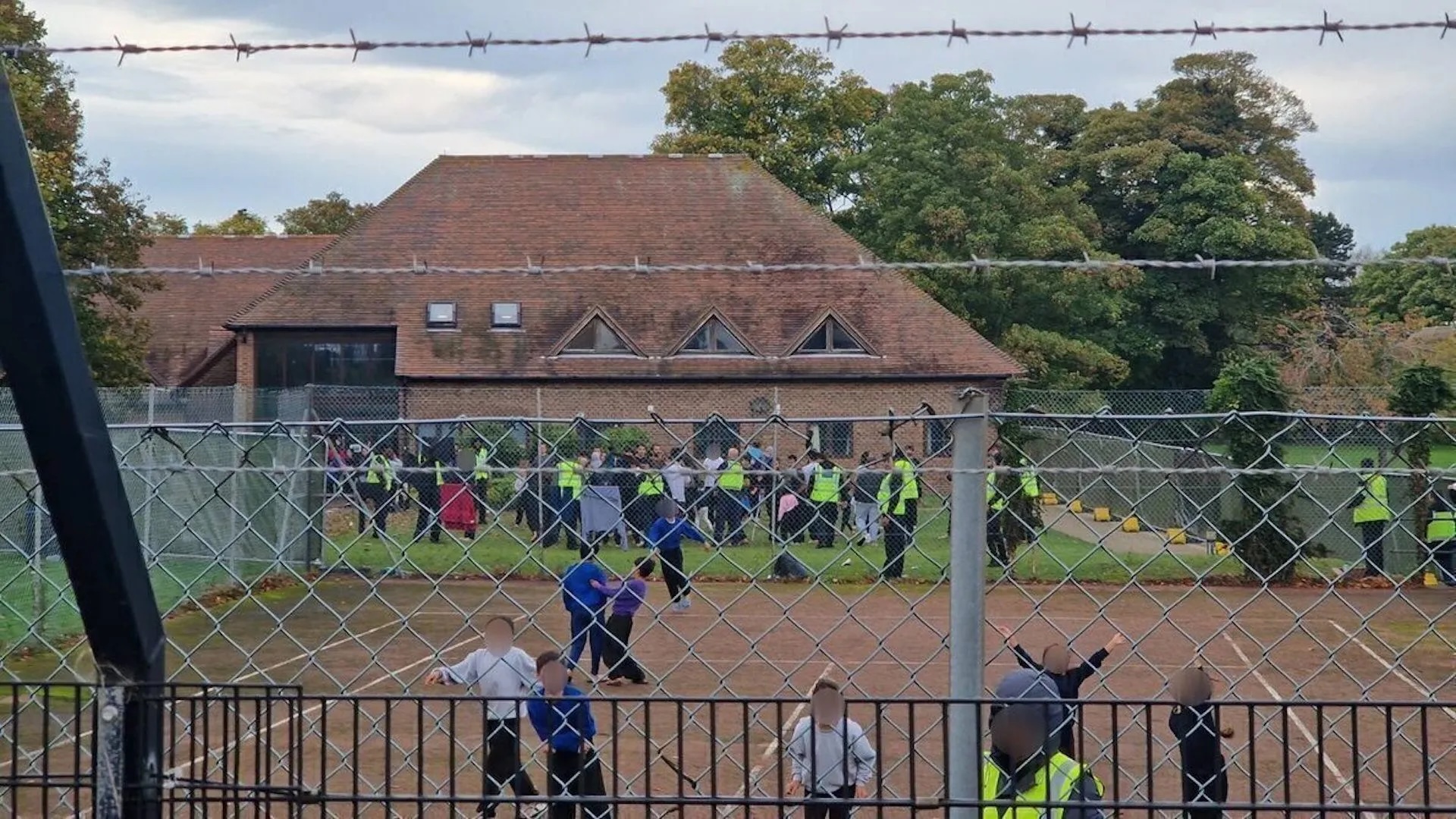In June, then Home Office minister Angela Eagle told the Home Affairs Select Committee why the Conservative government’s failed attempt to send people seeking safety to live in limbo in militarised fields was an expensive mistake.
She outlined the difficulties encountered trying to convert former military sites in Yorkshire, Wales, Kent and Essex, including “asbestos-filled buildings, poisoned land, unexploded ordinance and all those sorts of things”. And she expressed her wish for “different, better ways of trying to achieve this kind of service”.
Just four months later, there is new leadership in the Home Office, but no new ideas. Military facilities in Inverness, Scotland and Crowborough, East Sussex are to be operationalised and 900 people are to find themselves subject to the controversy and abuse surrounding those living in hotels, or worse.
Read more:
- Teen scholar trapped in Gaza after being blocked by Home Office from joining her mum in UK
- Why the Home Office plan to confine asylum seekers to military barracks is especially cruel
- Hundreds of veterans face homelessness as future of support scheme uncertain: ‘A kick in the teeth’
The Home Office claims it learned “quite a lot of lessons” from its failures in camps and barges. Its track record gives cause for concern. In 2021, prisons inspectors slammed new sites in Napier, Kent and Penally, Wales as “filthy” and “decrepit”. The camps became targets for ‘hard-right extremists’, clashing with police and intimidating those living inside and local communities.
In 2023 legionella was found on the notorious white elephant Bibby Stockholm. And Leonard Farruku, a vulnerable, ill young man took his own life. He was placed on the barge despite evidence of a mental health crisis which was overlooked.





